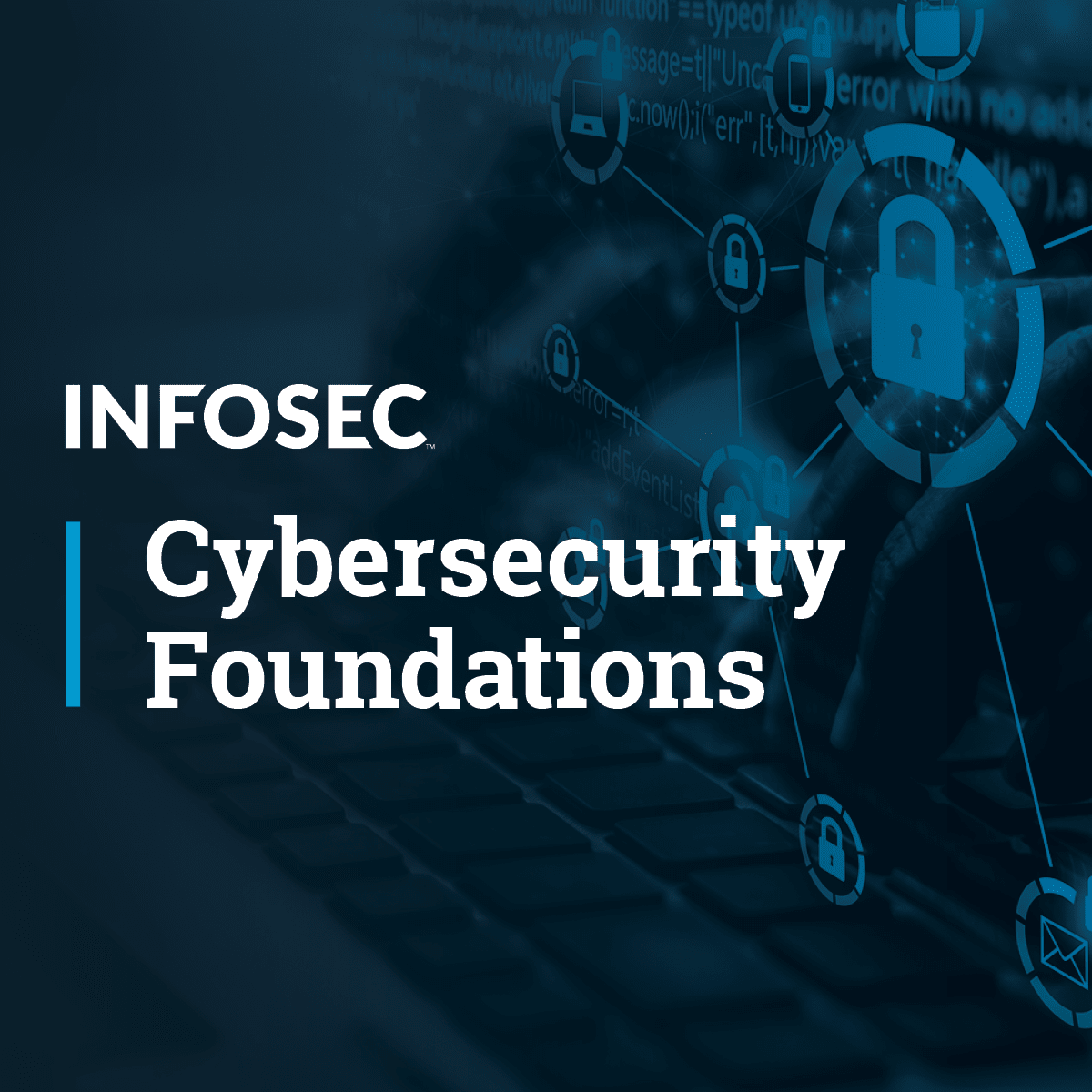
In this course, we take a look at what an actual operating system is. People often confuse operating systems with browsers and many other things. We take a look at Windows versus Linux versus MacOS and discuss how these operating systems evolved. We also get into some technical detail about the components that make up an operating system.
What's inside
Syllabus
Operating System Foundations
This is an introductory course to what an actual operating system is. People often confuse operating systems with browsers and many other things. We talk about the differences in the operating systems, Linux, Windows and MacOS, and how they came to be.
Read more
Syllabus
Good to know
Save this course
Activities
Review course syllabus and materials
Show steps
Familiarize yourself with the course structure, topics, and requirements to get a head start.
Show steps
Brush up on basic computer architecture
Show steps
Review foundational concepts in computer architecture to strengthen your understanding of operating systems.
Browse courses on
Computer Architecture
Show steps
Follow tutorials on OS evolution
Show steps
Explore online tutorials and videos to learn about the historical evolution of operating systems.
Show steps
Two other activities
Expand to see all activities and additional details
Show all five activities
OS Concepts Mind Map
Show steps
Create a visual representation of operating system concepts to enhance your understanding and recall.
Show steps
-
Identify key concepts and components of operating systems
-
Create a visual mind map connecting these concepts
-
Explain relationships and dependencies between different OS components
Discuss OS design with peers
Show steps
Engage in group discussions or online forums to share insights and perspectives on operating system design.
Show steps
Review course syllabus and materials
Show steps
Familiarize yourself with the course structure, topics, and requirements to get a head start.
Show steps
Brush up on basic computer architecture
Show steps
Review foundational concepts in computer architecture to strengthen your understanding of operating systems.
Browse courses on
Computer Architecture
Show steps
Follow tutorials on OS evolution
Show steps
Explore online tutorials and videos to learn about the historical evolution of operating systems.
Show steps
OS Concepts Mind Map
Show steps
Create a visual representation of operating system concepts to enhance your understanding and recall.
Show steps
- Identify key concepts and components of operating systems
- Create a visual mind map connecting these concepts
- Explain relationships and dependencies between different OS components
Discuss OS design with peers
Show steps
Engage in group discussions or online forums to share insights and perspectives on operating system design.
Show steps
Career center
Penetration Tester
Cybersecurity Analyst
Systems Administrator
Network Administrator
Security Engineer
IT Auditor
Information Security Analyst
Software Developer
IT Consultant
Systems Analyst
Technical Writer
Network Security Engineer
Computer Science Teacher
IT Project Manager
DevOps Engineer
Reading list
Share
Similar courses
OpenCourser helps millions of learners each year. People visit us to learn workspace skills, ace their exams, and nurture their curiosity.
Our extensive catalog contains over 50,000 courses and twice as many books. Browse by search, by topic, or even by career interests. We'll match you to the right resources quickly.
Find this site helpful? Tell a friend about us.
We're supported by our community of learners. When you purchase or subscribe to courses and programs or purchase books, we may earn a commission from our partners.
Your purchases help us maintain our catalog and keep our servers humming without ads.
Thank you for supporting OpenCourser.



